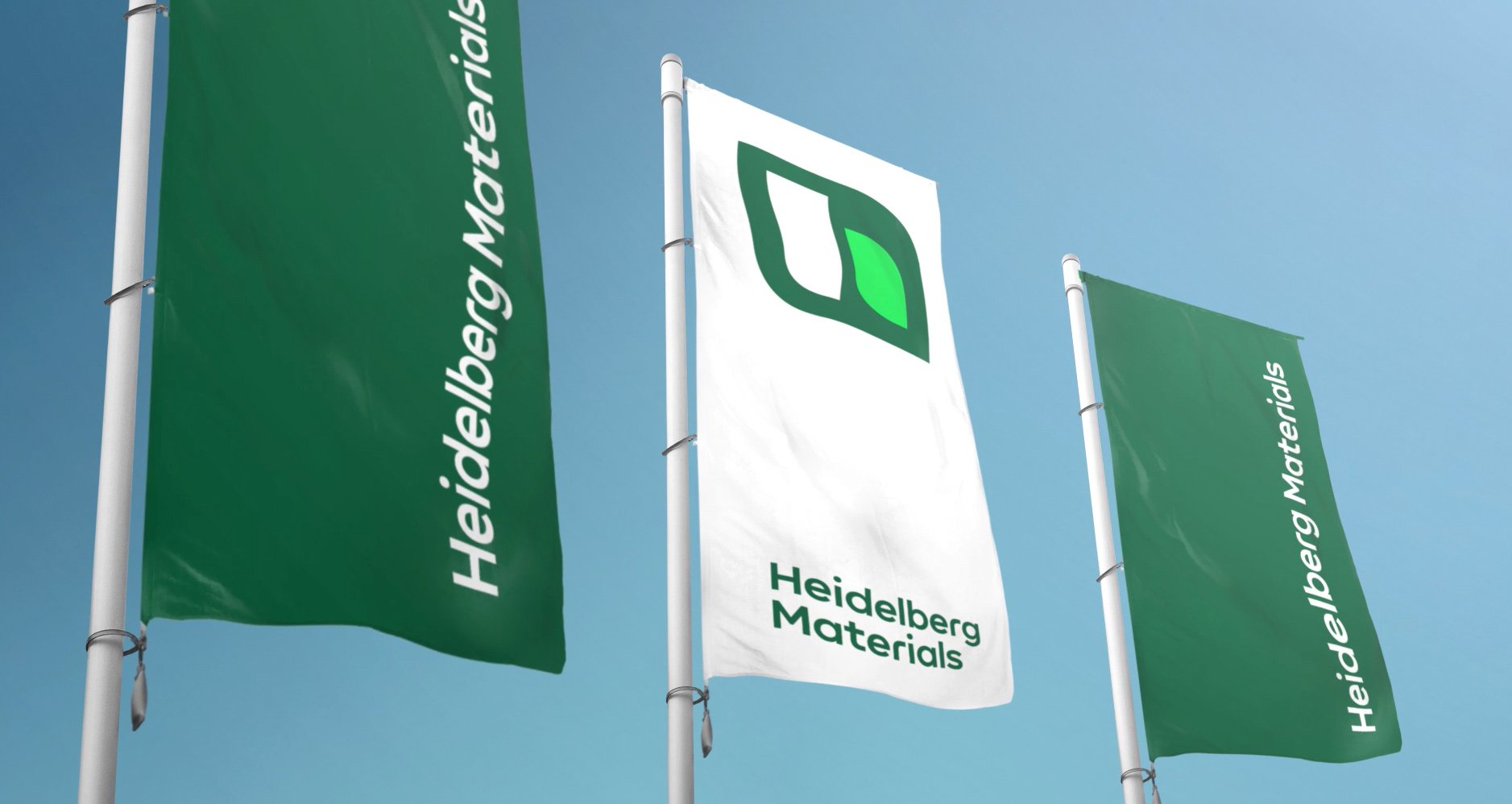Focus on responsible water management
Heidelberg Materials supports "Fund Race" against plastic pollution
#BeatPlasticPollution was not only the motto of the 2023 World Environment Day campaign. Rather, it is a theme to which Heidelberg Materials is committed and on which we work together with our partners in various projects and initiatives.
The most recent activity: supporting a three-day “Fund Racing” to increase awareness of micro-plastic pollution in the Rhine river and raise money for the important work that the NGO Ocean Generation is doing to protect our oceans. The June 27–29 fundraiser saw Harco Leertouwer, Managing Director of Acre, cycle along the Neckar and Rhine rivers, from Heidelberg, Germany to Amsterdam, Netherlands.
“At Heidelberg Materials, we have committed ourselves to limiting the impact of our activities on the natural resource of water to the greatest possible extent”, said Chief Sustainability Officer and Managing Board member Nicola Kimm during the bike tour's kick-off ceremony at the Heidelberg Materials headquarters: “While focusing on responsible water management in our own quarries and production sites, we also aim to contribute to cleaner rivers and oceans. We are proud to support Acre Foundation and Ocean Generation to raise awareness on water pollution, especially so close to headquarters.”
At all its sites, Heidelberg Materials complies with stringent environmental regulations to ensure that raw material quarrying does not endanger local bodies of surface water or groundwater resources. Through conservation measures and efficient use, we want to conserve water and minimise negative effects.
To contribute to cleaner oceans and waterbodies, the company also supports partnerships such as the one recently launched between Heidelberg Materials Trading (HMT), Twiga Cement, and Clean Hub in Tanzania: For every chartered HMT vessel, 1000 kg of plastic waste will be collected and recovered – with a special focus on preventing marine litter. The non-recyclable plastic will be co-processed as an alternative fuel in the kiln of the Twiga Cement plant, leading to a double impact. The energy from the waste will replace fossil fuels, while the plastics will be processed in an environmentally sound way at the end of their life cycle, reducing plastic pollution in the oceans.
In Morocco, our subsidiary Ciments du Maroc is a longstanding supporter of the Clean Beaches campaign, which combines environmental education with leisure activities for children and young people. The programme also features waste collection activities on the beach, using play to introduce the topics of separating and recycling waste – and highlighting the dangers that plastic waste poses to marine animals.
